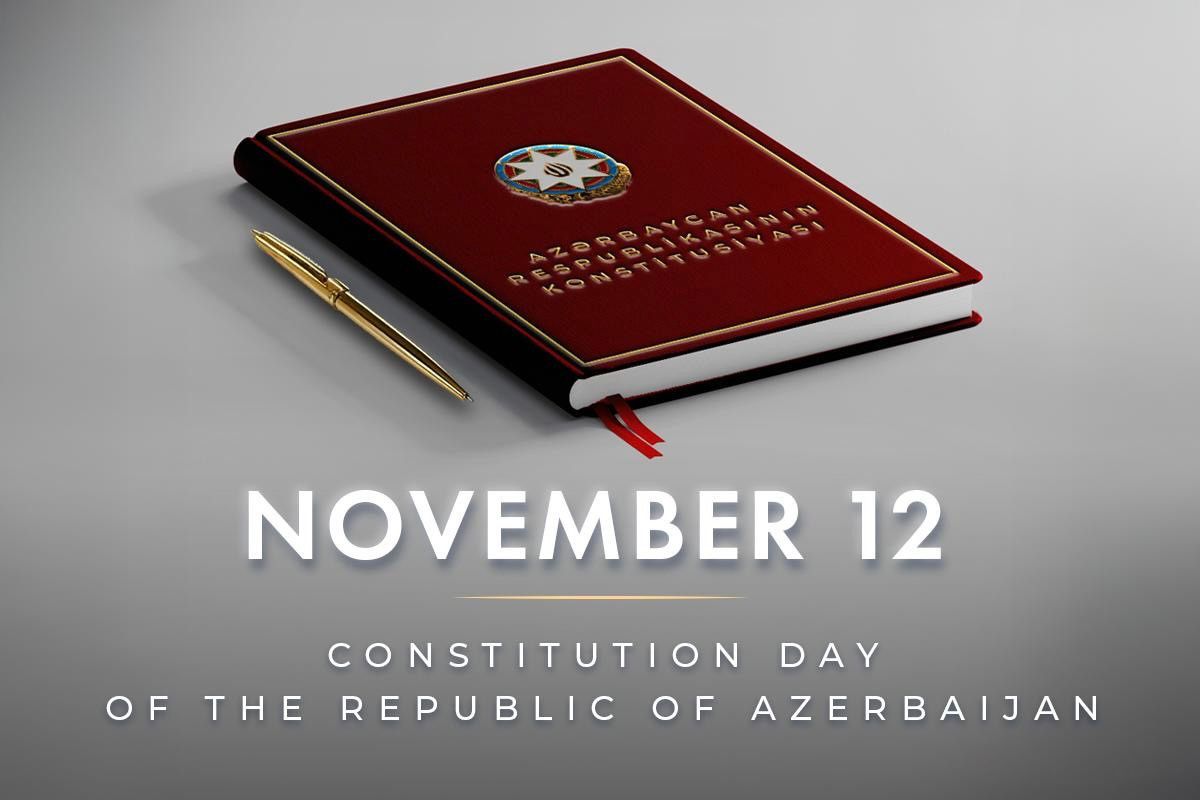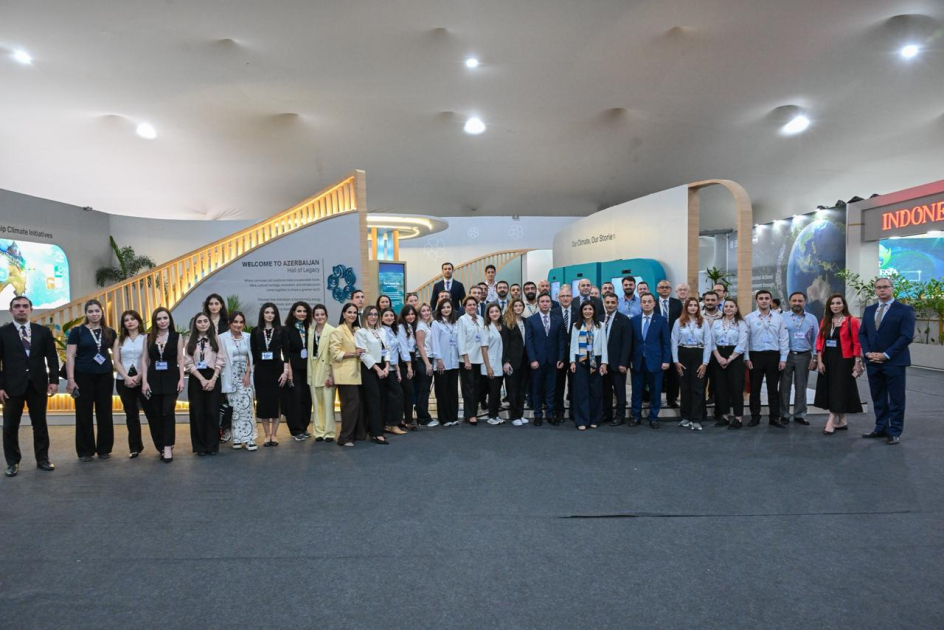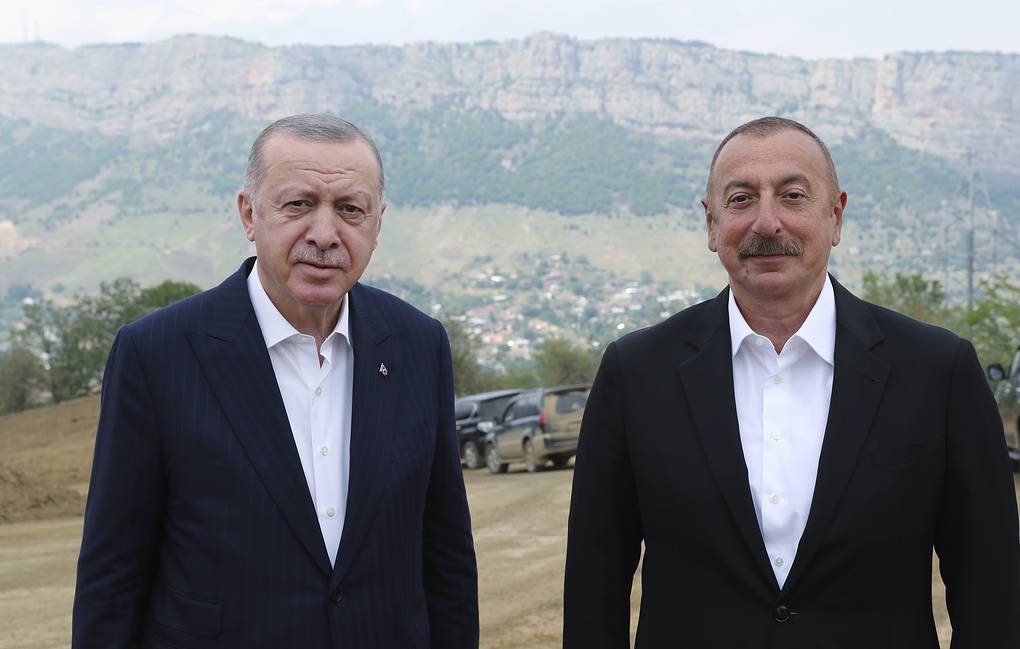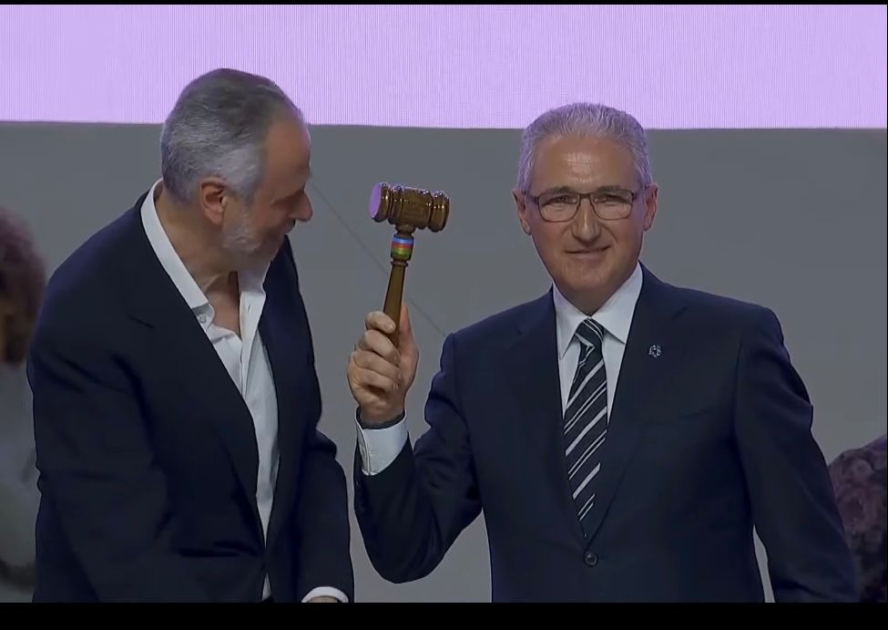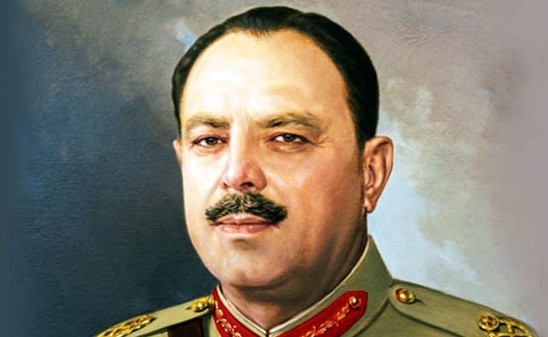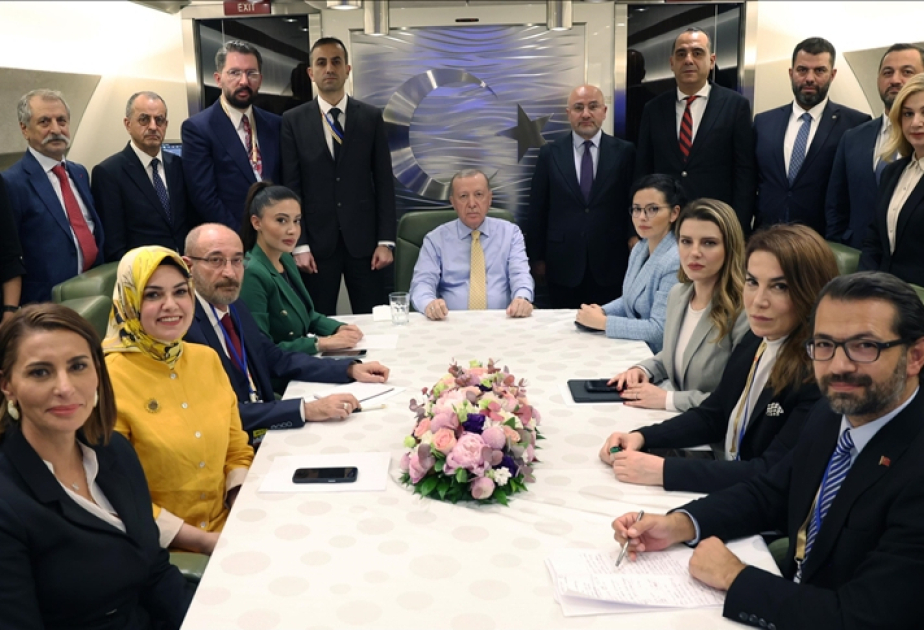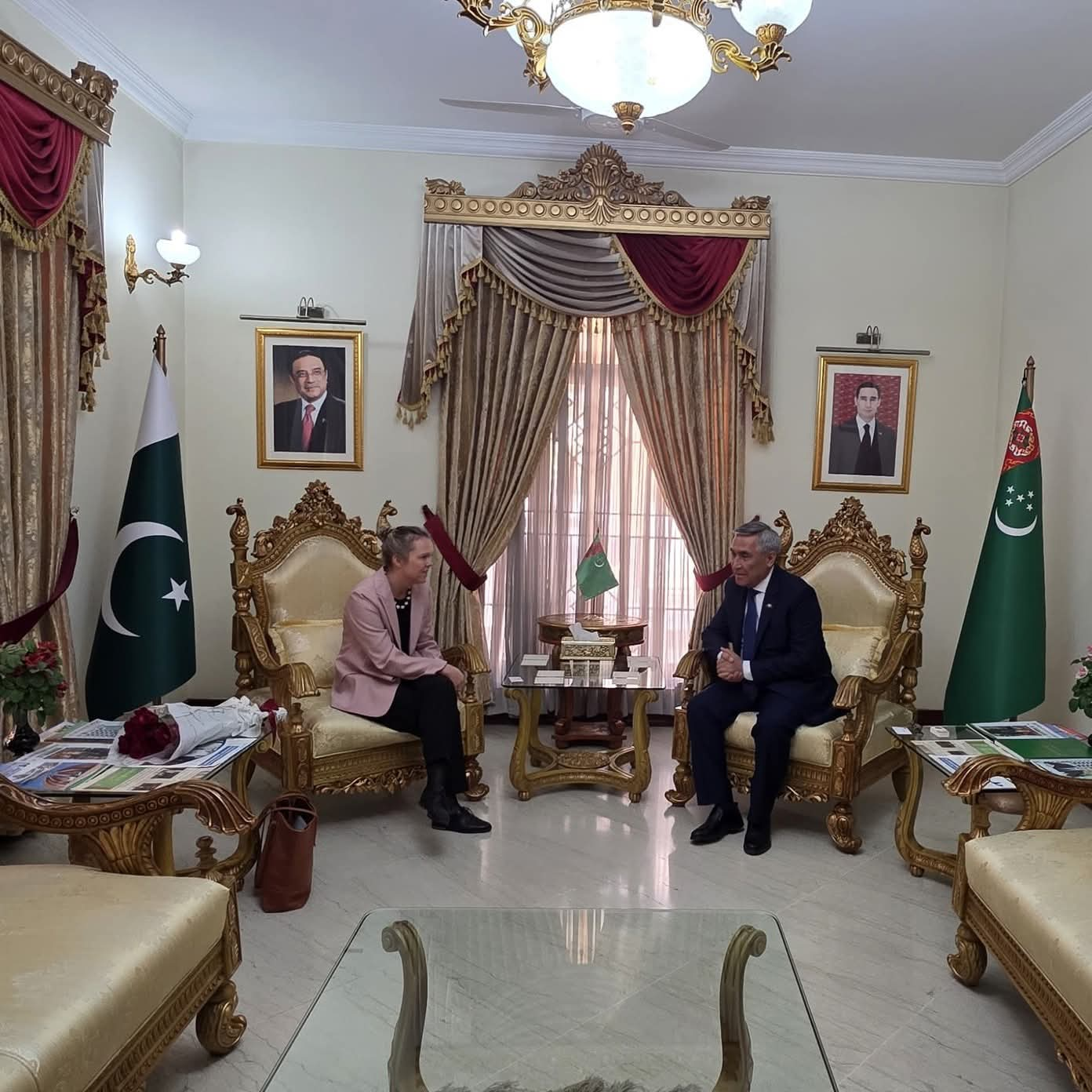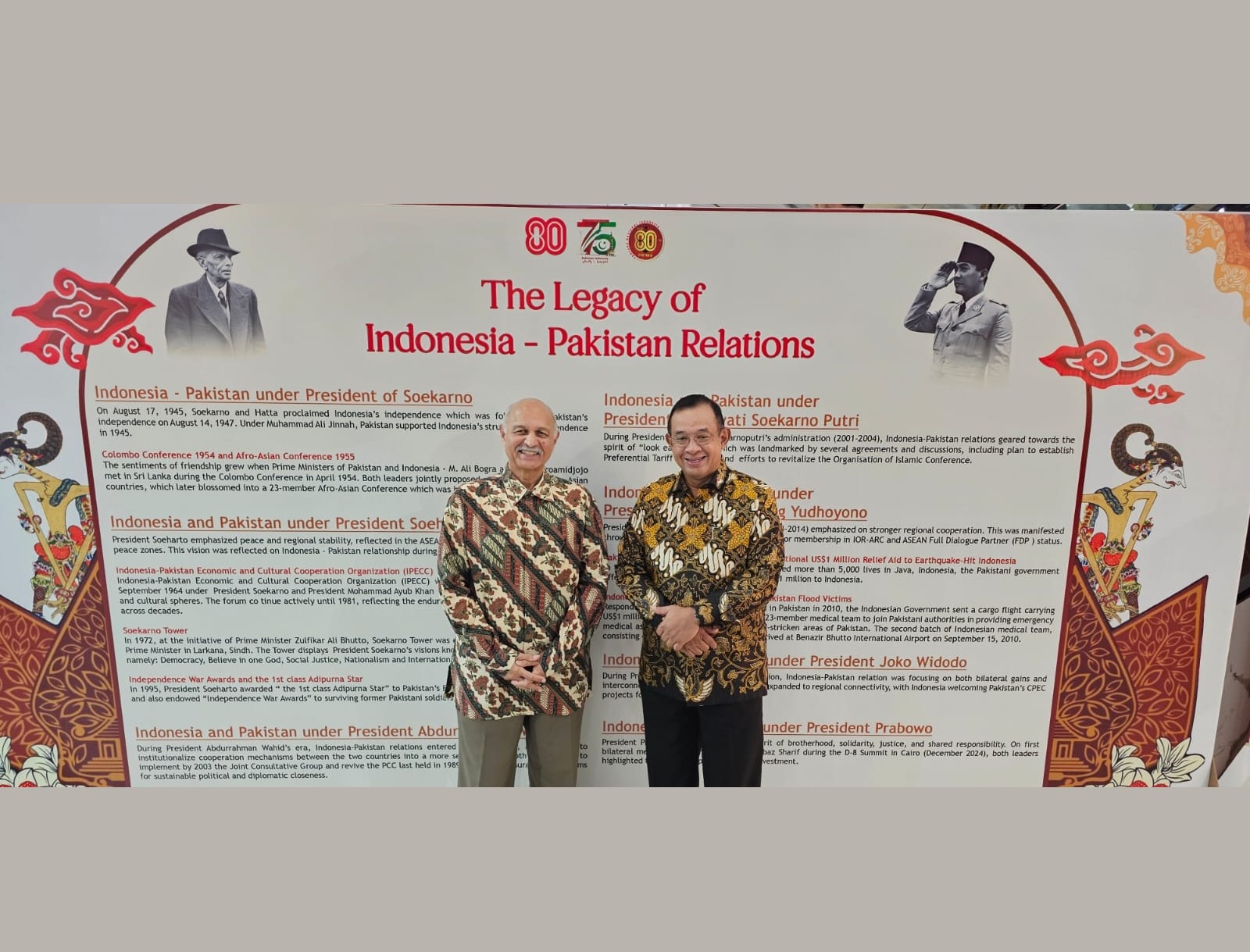During the Qatar Summit, on Monday, Azerbaijani Foreign Minister Jeyhun Bayramov met with his Uzbek counterpart Bakhtiyor Saidov on the sidelines of the urgent Arab-Islamic Summit held in Doha, Qatar. During the talks, both sides welcomed the dynamic development of Azerbaijani-Uzbek relations, which have evolved into a strategic alliance in all fields. The two ministers discussed joint activities and projects aimed at deepening bilateral cooperation in the spheres of economy, trade, investment, transport, energy, culture, and humanitarian affairs, according to Azertac.
Over the past year, Azerbaijan has also strengthened its engagement in Central Asia. Economic ties with Uzbekistan and Kazakhstan have expanded rapidly, with bilateral trade between Azerbaijan and Kazakhstan surpassing $330 million in the first half of 2025 alone. Transport and logistics have been central to this cooperation.
These Turkic countries share not only strong cultural ties but also economic, political, historical, and linguistic bonds. Together, they are developing the Middle Corridor.
Hand in hand, Uzbekistan and Azerbaijan are advancing this strategic route. The year 2025 has marked significant growth in their bilateral relations. The establishment of the Azerbaijan Cultural Center named after Heydar Aliyev in Tashkent, the construction of a school named after Mirzo Ulugbek in the city of Fuzuli, Azerbaijan, presidential decrees in both countries honoring groups of Azerbaijani and Uzbek citizens, as well as more than 70 high-level meetings over the past seven years, all testify to the strengthening bonds of friendship.
The Embassy of Uzbekistan in Ukraine shared an article entitled Uzbekistan and Azerbaijan: Stable Friendship and Reliable Partnership.
These two Turkic states are also active members of the Organization of Turkic States (OTS). Since the election of Shavkat Mirziyoyev and Azerbaijan’s victory in Karabakh, both countries have invested heavily in the OTS as well as in the development of the Middle Corridor.
Uzbekistan and the Organization of Turkic States under Mirziyoyev
When Shavkat Mirziyoyev came to power in September 2016, he ushered in a new era in Uzbekistan. His priorities have included the fight against corruption and bureaucracy, as well as the removal of trade barriers.
The “New Uzbekistan”
From economic liberalization to cultural revival, Tashkent’s transformation is reshaping its global role—and drawing Europe closer than ever. Uzbekistan is steadily diversifying its partnerships, with Europe emerging as a key strategic partner. This rapprochement has accelerated since Mirziyoyev assumed the presidency, ushering in what is widely referred to as Yangi Oʻzbekiston—the New Uzbekistan.
Over the past eight years, Tashkent has expanded cooperation with the European Union in trade, investment, finance, and technology. According to diplomats and scholars, this progress reflects Mirziyoyev’s deliberate policy of opening the country economically and politically, in sharp contrast to the previous centralized system.
“When he came to power, he opened a new page in Uzbek history,” one European diplomat remarked. “That’s why everyone speaks of the New Uzbekistan.”
The concept of the “New Uzbekistan” encompasses several key dimensions:
- Economic reforms
- Market liberalization
- Cultural revitalization
- Administrative reorganization and judicial independence
Since Mirziyoyev’s rise, Uzbekistan’s market has opened to the world, attracting increasing investment. For example, trade with France—the EU’s most influential member—reached $251.6 million in 2017. In the first half of 2018, trade turnover rose to $146.2 million, a 12% increase compared to the same period in 2017. This growth was reinforced by President Mirziyoyev’s official visit to France on October 8, 2018. More recently, Mirziyoyev met with President Macron on March 12, 2025, highlighting the deepening ties between the two countries. This dynamic is also why Uzbekistan plans to expand investments in the Middle Corridor.
Uzbekistan’s role in the OTS
As highlighted in an article shared by Hungarian Conservative entitled Uzbekistan’s Leadership in the Organization of Turkic States: Mirziyoyev’s Vision:
“Uzbekistan has emerged as a pivotal force within the OTS, leveraging its strategic position in Central Asia to foster regional cooperation, economic integration, and cultural unity among Turkic-speaking nations. Under Mirziyoyev’s leadership, Uzbekistan has championed profound initiatives that are reshaping the OTS agenda and strengthening its global influence. These efforts reflect Uzbekistan’s commitment to regional stability, sustainable development, and the shared prosperity of Turkic states.”
Since assuming the OTS chairmanship in 2022, Uzbekistan has played a central role in advancing the organization’s objectives. Together with Azerbaijan, it acts as a bridge between continents. At a Summit, President Mirziyoyev proposed the creation of a global logistics chain, including a council of railways among Turkic states, with its directorate based in Tashkent. He also called for an environmental forum at ministerial level to tackle ecological challenges.
In May 2025, Uzbekistan’s Foreign Minister Bakhtiyor Saidov and OTS Secretary General Kuban Omurali discussed progress on these proposals, preparing for upcoming summits to advance regional cooperation.
Azerbaijan’s role in the OTS
Azerbaijan serves as a bridge between Central Asia, Türkiye, and Europe, making it a crucial member of the OTS. Politically and linguistically close to Türkiye, Azerbaijan also shares a post-Soviet past with the Central Asian countries, reinforcing their common history and identity.
President Ilham Aliyev has given great importance to the OTS. In October 2025, Azerbaijan will host the next OTS leaders’ summit. As analyst N. Alizada (2025) noted:
“Azerbaijan will be the new gateway to Turkic unity, particularly in energy and geostrategy.”
In recent years, under Aliyev’s leadership, Azerbaijan has sought to position itself as a leading actor within the OTS, using its full potential to strengthen cooperation and transform the organization into a major geopolitical force. Azerbaijan also works actively with OTS-related institutions such as TURKSOY, TURKPA, the Turkic Academy, the Turkish Culture and Heritage Foundation, and the Turkic Business Council, playing a major role in science, education, culture, and the promotion of shared values.
One of Azerbaijan’s leading newspapers, report.az, published an article entitled Azerbaijan’s New Diplomatic Priority – The Organization of Turkic States. It argued that Azerbaijan, at the crossroads of East and West, is leading strategic initiatives to deepen ties among Turkic-speaking states. President Aliyev confirmed this priority, stating:
“We will continue our efforts within the framework of the Organization of Turkic States. This is a priority issue for us.”
Economic Integration and the Middle Corridor
Azerbaijan and Uzbekistan are key connectors between the Caucasus and Central Asia. As noted by Eldor Tulyakov, Executive Director of the “Taraqqiyot Strategiyasi” Center, the Middle Corridor—also known as the Trans-Caspian International Transport Route—has become increasingly significant as a bridge between Asia and Europe.
Uzbekistan has been a driving force behind this route. At the January 2025 trilateral meeting in Ankara with Türkiye and Azerbaijan, it pushed for investments in infrastructure such as the Baku–Tbilisi–Kars railway. With additional projects like the “China–Kyrgyzstan–Uzbekistan” railway and the “Trans-Afghan Corridor,” OTS countries can diversify access to markets while attracting greater international investment.
Strengthening Azerbaijan–Uzbekistan relations
During President Ilham Aliyev’s state visit to Uzbekistan on August 22–23, 2024, the two leaders elevated their relationship from a strategic partnership to a full alliance. This historic step marked a new stage not only in economic ties but also in cultural and humanitarian relations.
For instance, on September 13, 2024, an international conference titled “The Azerbaijan–Uzbekistan Model of the Turkic World” was held in Ganja, organized by the Azerbaijan National Academy of Sciences and Tashkent State University of Uzbek Language and Literature.
In summer 2024, President Shavkat Mirziyoyev paid a state visit to Azerbaijan at Aliyev’s invitation. The two leaders held the second Supreme Interstate Council meeting, exchanged numerous bilateral documents, laid the foundation stone for “Uzbekistan Park” in Baku, and inaugurated the new Uzbek embassy building there.
On July 2, a ceremony was held for the exchange of documents signed between the Republic of Azerbaijan and the Republic of Uzbekistan, with the participation of President Ilham Aliyev of Azerbaijan and President Shavkat Mirziyoyev of Uzbekistan.
President Ilham Aliyev of Azerbaijan and President Shavkat Mirziyoyev of Uzbekistan signed the Decision of the second meeting of the Supreme Interstate Council of the Republic of Azerbaijan and the Republic of Uzbekistan.
The “Practical Action Plan (‘Roadmap’) for the Future Development of Cooperation in Agriculture and Food Security for 2025–2027 between the Ministry of Agriculture of the Republic of Azerbaijan and the Ministry of Agriculture of the Republic of Uzbekistan” was exchanged by Majnun Mammadov, Minister of Agriculture of Azerbaijan, and Ibrokhim Abdurakhmonov, Minister of Agriculture of Uzbekistan according to President.az.
In resume, over the past eight years, bilateral trade has grown 7.8 times, reaching $253 million in 2024. Uzbekistan’s exports to Azerbaijan rose 7.5 times to $208 million, while imports grew ninefold to $45 million. Today, over 240 Azerbaijani-capital companies operate in Uzbekistan, and 70 Uzbek companies are established in Azerbaijan. The two countries aim to raise bilateral trade to $1 billion.
Sustainable Development and Cultural Unity
Mirziyoyev’s initiatives also prioritize sustainability. Uzbekistan has proposed joint projects in renewable energy, including green hydrogen, ammonia, and biofuels, to accelerate the region’s energy transition. Azerbaijan shares these ambitions, and the two countries are collaborating closely on green energy.
In July 2025, Uzbekistan’s Ministry of Energy announced that it had signed a Production Sharing Agreement with SOCAR and Uzbekneftegaz for exploration and production in the Ustyurt oil and gas region. At the same time, Uzbekistan, Azerbaijan, and Kazakhstan began implementing their Strategic Partnership Agreement on green energy, which includes the construction of solar power plants and the creation of an international “green energy corridor.”
As Euronews put it:
“A new energy bridge: Azerbaijan, Uzbekistan, and Kazakhstan unite for a Green Corridor to Europe.”
In August 2025, Azerbaijan, Turkmenistan, and Uzbekistan also held a Trilateral Summit in Awaza, Turkmenistan, raising their cooperation to the highest level.
Conclusion
Azerbaijan and Uzbekistan are partners whose alliance is unshakable. As Dr. Samira Qosimova, PhD in History, emphasized: Uzbekistan is a reliable ally that consistently supports Azerbaijan’s territorial integrity. Under the leadership of Presidents Shavkat Mirziyoyev and Ilham Aliyev, both countries have launched major initiatives for economic connectivity, regional security, and sustainable development.
Today, the historically close ties between Uzbekistan and Azerbaijan have entered a new stage of qualitative growth. Thanks to regular high-level dialogue, their strategic partnership and multifaceted cooperation are rapidly advancing in every field.
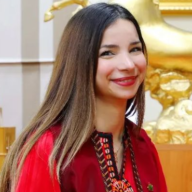
Historian and environmental management expert on Central Asia and researcher on Central Asia post-Soviet period. Journalist for EuReporter and EuReflect and Special Director of “The Gulf Observer” for Europe and Central Asia.

